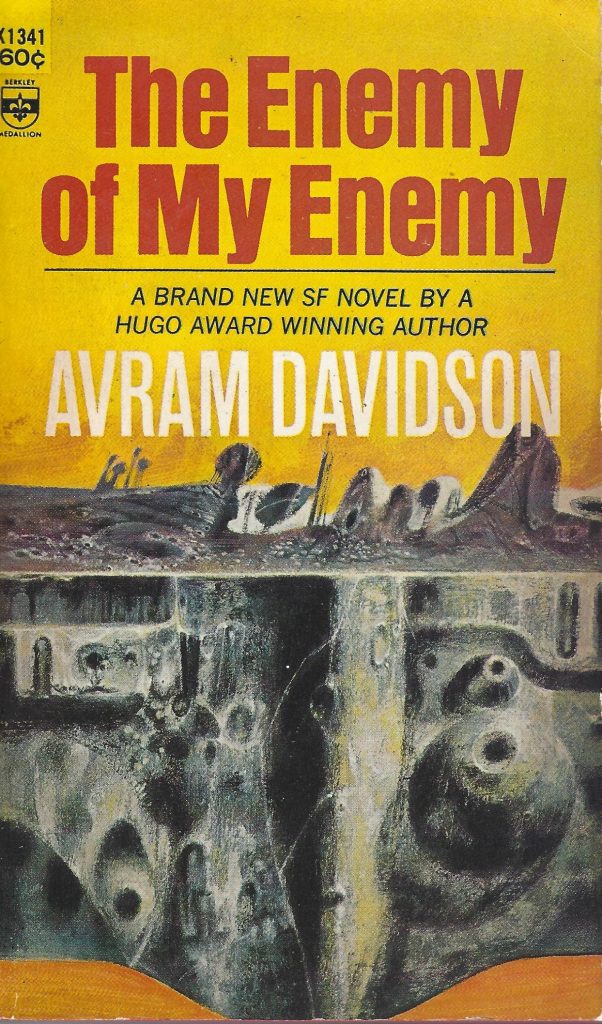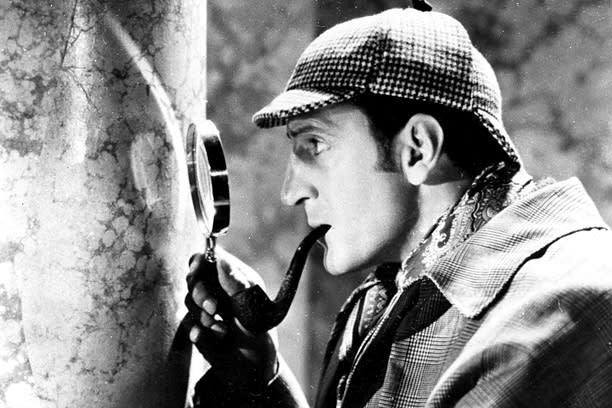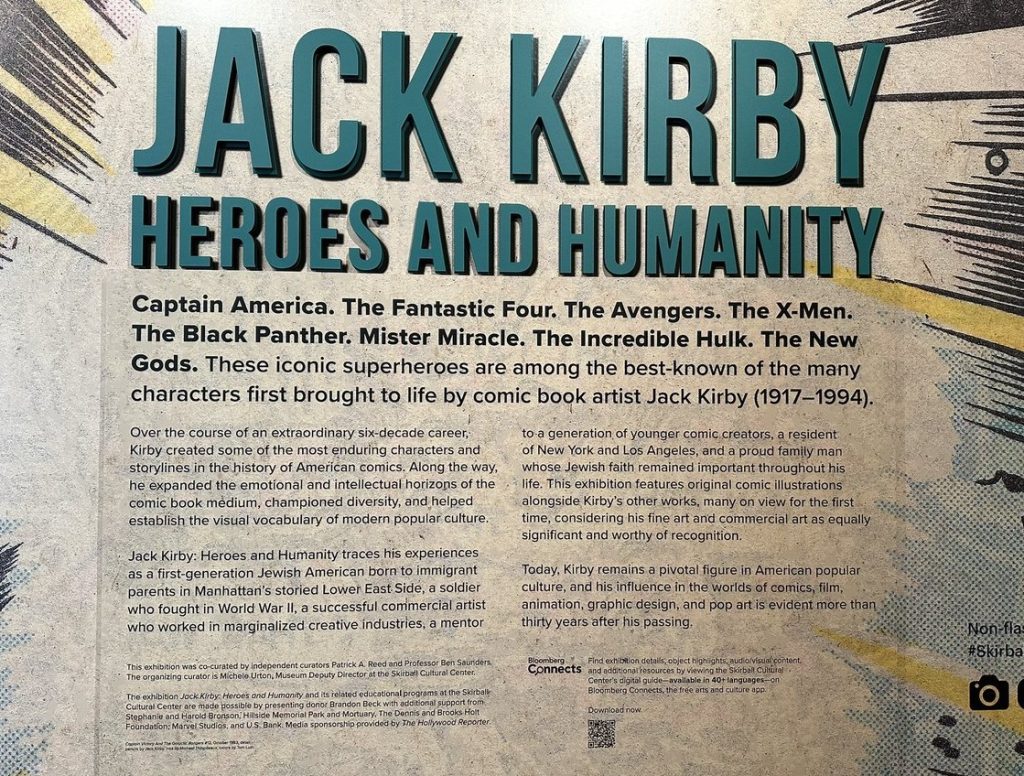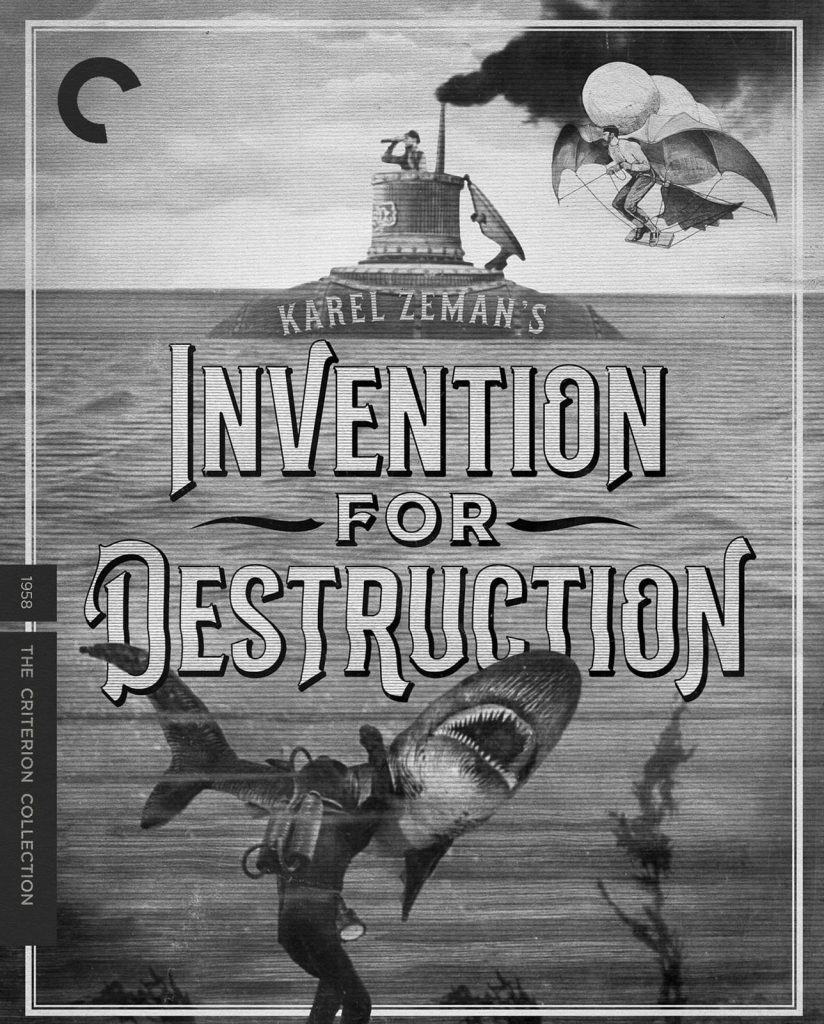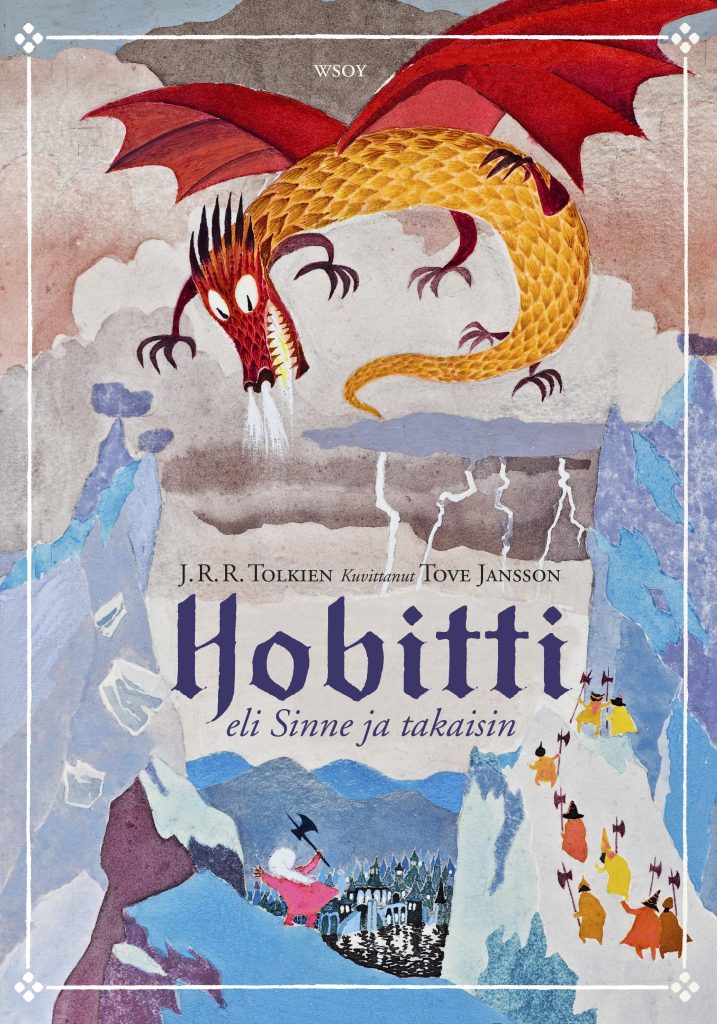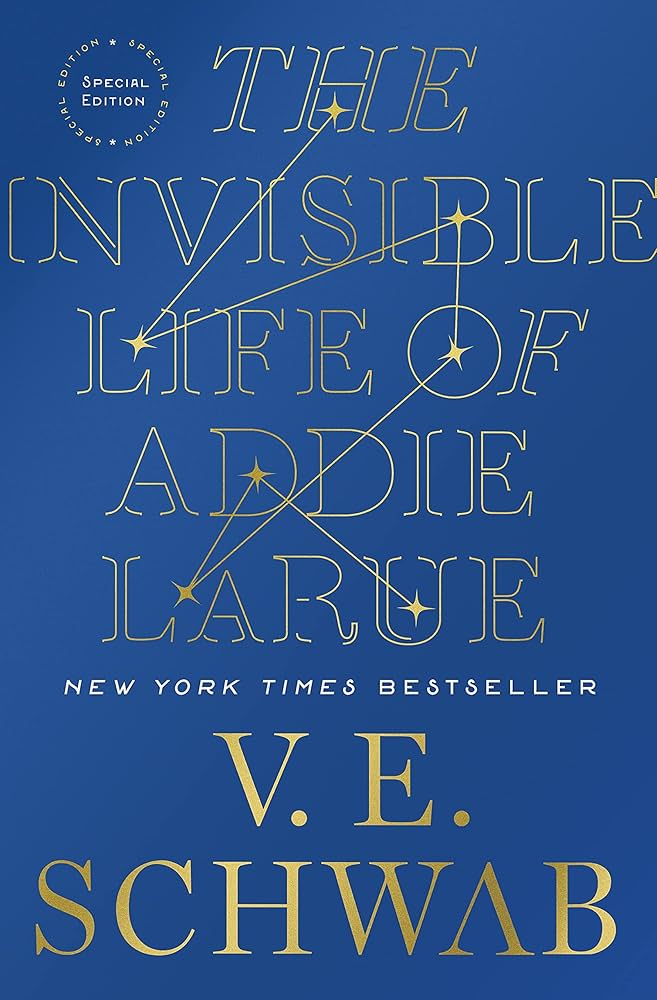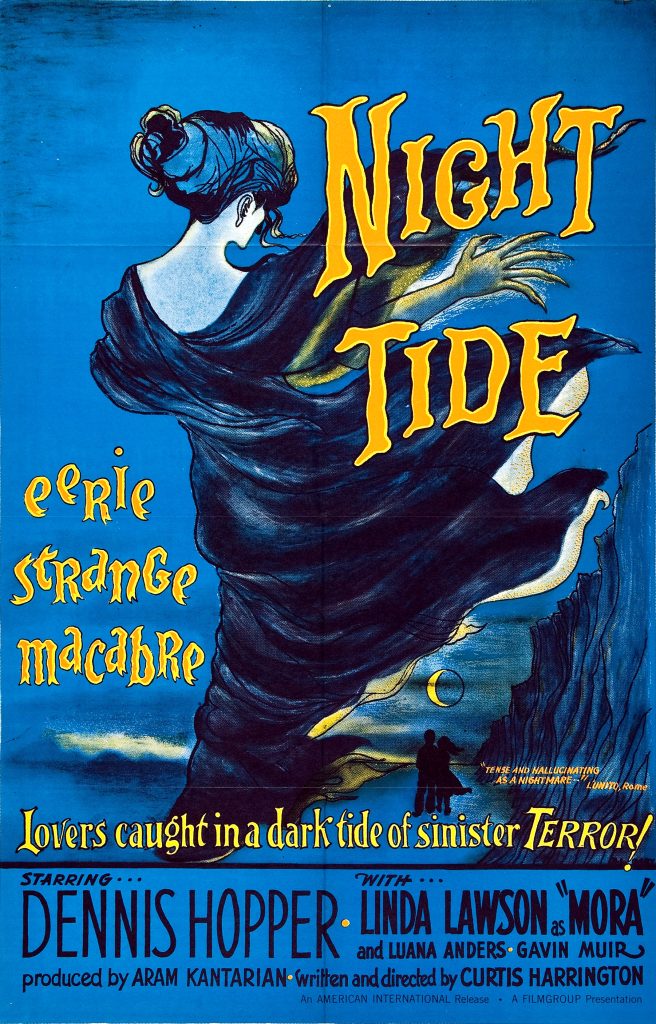Third Time’s the Charm: Avram Davidson’s The Enemy of My Enemy
We all have our favorite obscure or neglected authors, writers we get touchy about and on whose behalf we’re instantly ready to jump on top of a table, ball up our fists and yell at the top of our voices, “HEY!! Don’t forget THIS GUY!!!”
For me, Avram Davidson is at the top of that list. I’ll knock over the Parcheesi board for him any day of the week.
As is often the case with such semi-forgotten writers, he wasn’t always obscure or neglected; though never a behemoth like Heinlein, Clarke, or Bradbury, during the 50’s, 60’s, and 70’s Davidson was quite well-known. He had three World Fantasy Awards to his credit, won a 1958 Hugo Award for his delightfully paranoid short story “Or All the Seas with Oysters” (read it and you’ll never turn your back on a closet full of coat hangers again) and was briefly the editor of The Magazine of Fantasy and Science Fiction. Few people in the genre were more well-respected or personally beloved.
